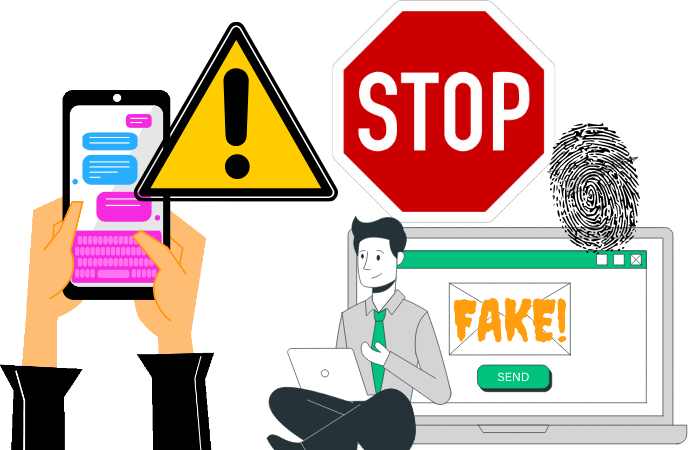Many of us will have received a suspicious email or text message recently relating to the cost of living. Scammers will look for any way to steal your money. And we all need to be alert, to help others to stay safe.
Consumer rights magazine and website Which? has reported that scams involving fake cost of living payments, energy rebates and phoney competitions are on the rise, as households face the increasing cost of living.
We should all be wary of texts or emails telling you to click a link or provide private information.
Ealing Council recently created a cost of living hub on its website, to help local residents and businesses find legitimate help and support over the winter months. Go there to get up to date information. There will also be a special feature in the winter edition of Around Ealing magazine, out in December, signposting people to what is available. Be wary of other sources.
Look out for these scams
The government’s cost of living scheme offers £650 to millions of low-income households. The Department for Work and Pensions has issued a warning about scams regarding cost of living payments as well as energy and council tax rebates.
One of these scams comes as a text message asking you to claim or apply for the payment. These have been followed by emails circulating asking you to call a fake number to make a claim for the payment.
The government is also providing every household in the country with a £400 energy grant. You will receive this as a credit on your energy bill in October 2022. A £150 council tax rebate, which will be made directly by your council into your bank account or arranged by your local council contacting you, has also been offered from April 2022.
Do not be fooled by cold calls offering the £150 energy council tax rebate, either. The scammer then asks for your bank details to process the payment. Ealing Council will never call you asking for your bank details.
Scammers are using social media to offer fake bank refunds. This scam shares a fraudulent screenshot showing amounts from £1,289 to £1,855 being deposited into someone’s account. Never provide your bank details.
Morrisons the supermarket chain has been spoofed in a fake ad on Facebook offering free boxes of food worth £30. The scam usually sends you to a website to share your personal or financial details. If you see a tempting offer, check a brand’s official social media page or website to see if the post is authentic.
Amid rising fuel prices, fake social media ads offering a BP fuel card for just £1.78 have been circulating, which asks you to complete a survey for the fake gift card. Do not fall for it.
Investments which have been seemingly ‘endorsed’ by a well-known figure are also on the rise. It gives the impression of trustworthiness and respectability – be sure to talk to an independent financial adviser before committing to anything.
How to report scams
The most effective way to stop scammers in their tracks is to report a scam when you see one.
- Facebook: Select the three dots on the top right-hand corner of the ad and select ‘Report ad,’ before pressing ‘Misleading or scam’
- Websites: Report a suspicious website to the National Cyber Security Centre
- Emails: Forward scam emails to report@phishing.gov.uk
- Text messages: Forward scam texts to 7726, a free reporting service provided by telecoms companies
- Phone calls: You can also report scam calls to your mobile to 7726.
You can also report scams to Action Fraud.
For more details of the Which? research, read: 5 big cost of living scams to watch out for – Which? News.





